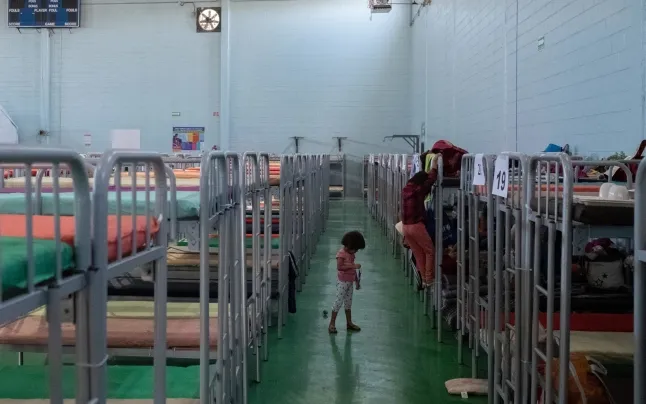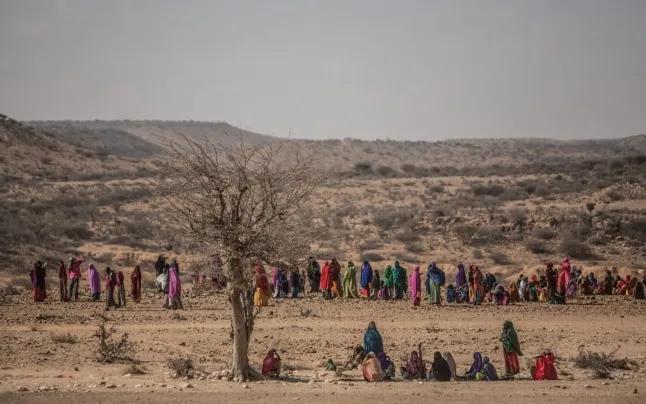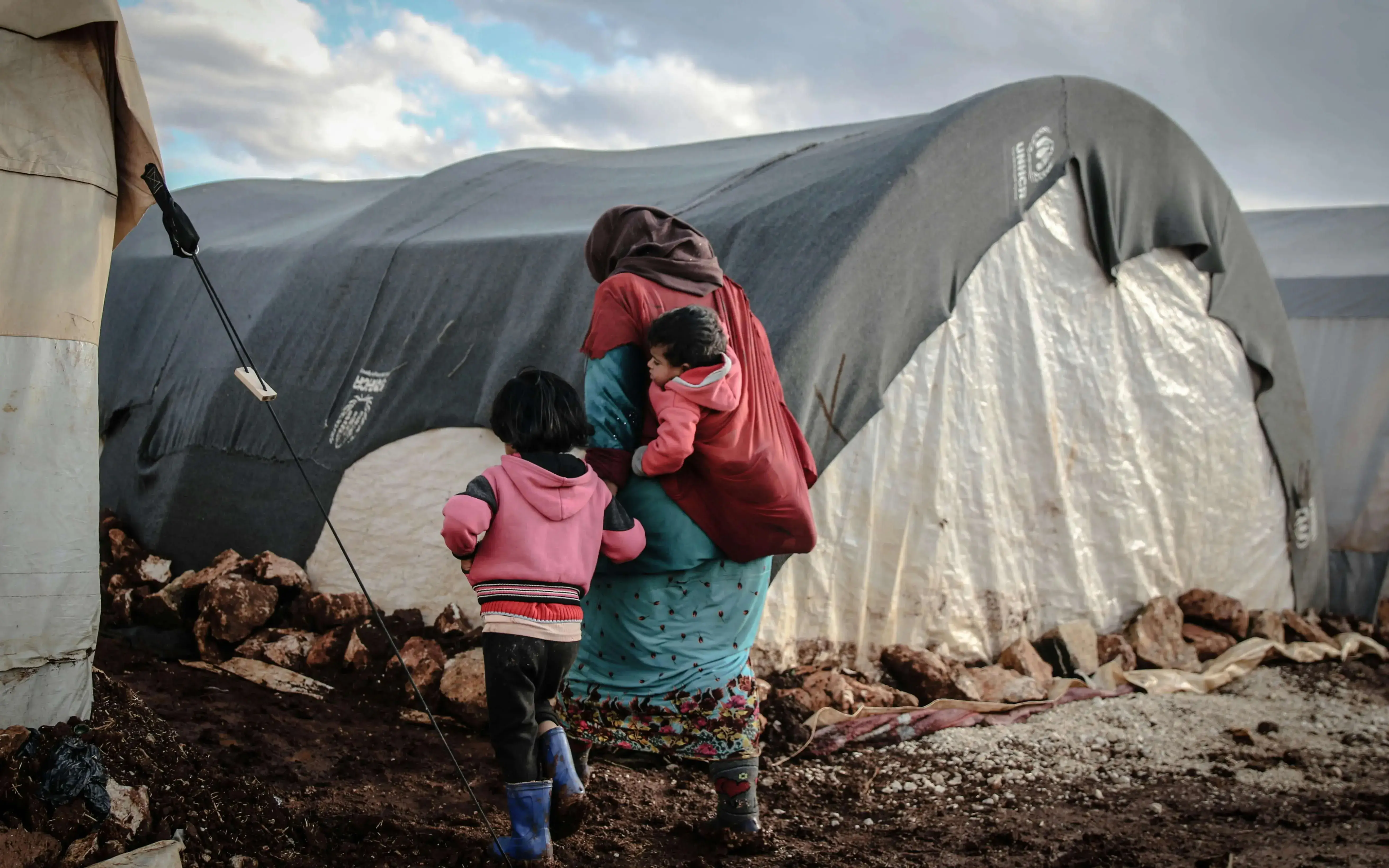The Spanish Commission for Refugees (CEAR) has presented the nineteenth annual report 'Refugees in Spain and Europe'.
The overall number of forced displacements reached an all-time high in 2020, despite the health emergency situation. According to the nineteenth annual report of the Spanish Commission for Refugees (Comissió Espanyola d'Ayuda al Refugiat, CEAR) ‘Refugees in Spain and Europe’, in June of 2020, the number of refugees worldwide was eighty million.
As first-world citizens complied with home confinement to slow the advance of the Covid-19, millions of people had to flee their homes because of war, persecution or threats. The worst thing, according to the CEAR report, is that in a pandemic situation, they encountered more obstacles than ever to find refuge.
The majority of refugees come from Syria (6.6 million), Venezuela (3.7 million), Afghanistan (2.7 million) and South Sudan (2.3 million). And in terms of internal displacement, Colombia, Syria and the Dominican Republic lead the list.
Arrival of refugees in the European Union
In Europe, nearly one hundred thousand people risked their lives to seek refuge in the first year of the pandemic, a figure that is a decrease of 23% compared to 2019. Germany, France and Spain were the unique countries that Applications for international protection were received in 2020. The vast majority of applicants were from Syria, Afghanistan and Venezuela.
Another fact that the report highlights is that 86% of refugees tried to enter the European Union by sea. Of these, 47% reached the Spanish coasts, more than half in the Canary Islands.
In 2020, 1,417 people died or disappeared in the Mediterranean sea and 539 on the northwest coast of Africa. An "unacceptable tragedy", according to the CEAR report, which also criticizes "the lack of legal and safe ways for people in need of international protection to enter the European Union (EU)".
For CEAR, the new EU Pact on Migration and Asylum, means "continuing a policy based on returns" and also criticizes that "it's responsible for hosting the first country of entry without offering solutions based on a shared solidarity with the countries of southern Europe".
Applications for protection in Spain are declining
The year 2020 put an end to the uninterrupted growth of people seeking international protection in Spain. In fact, the number of applications was 88,762, 25% less than in 2019, when the all-time high was recorded with 118,264 applications. This decrease is due to border closures and anti-Covid restrictions.
The CEAR also celebrates the increase in applications for international protection resolved in Spain, which in 2020 was 114,919, more than double that in 2019 and almost ten times more than in 2018.
But on the other hand, they regret that only 5% of applications for international protection were approved, a percentage that is still far from the European average of 33%. According to figures, 68,435 people, more than half from Colombia, were left homeless because they did not receive asylum in Spain.
The report states that only 4,360 people obtained refugee status and 1,398 subsidiary protection. However, the Spanish state authorized the residence of more than forty thousand Venezuelans for humanitarian reasons.
On the other hand, in the presentation of the report, the CEAR team has celebrated the ruling of the Supreme Court that recognizes the freedom of movement throughout Spain to people seeking asylum in Ceuta and Melilla.









Add new comment